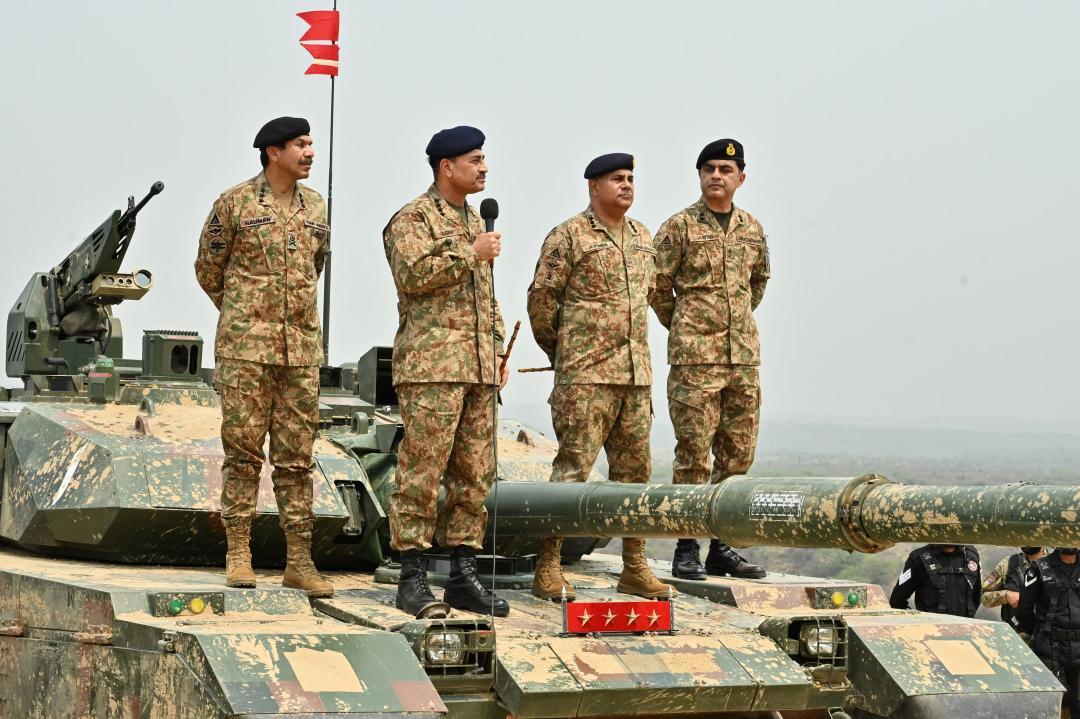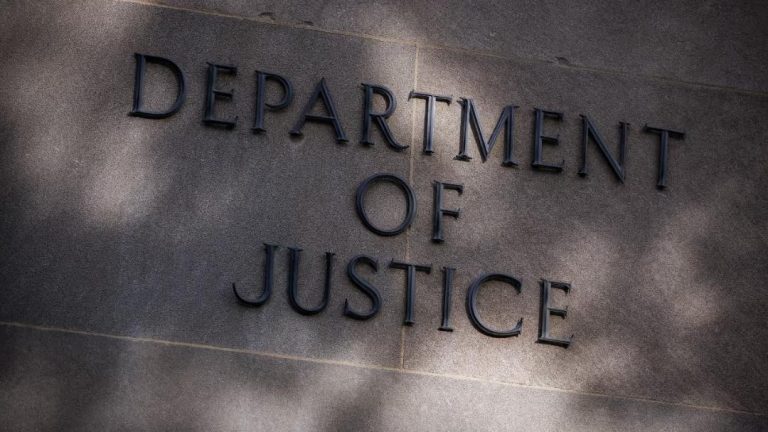
Asim Munir is Osama Bin Laden in a Suit: Former US Official
In a recent statement, a former Pentagon official, Michael Rubin, has sparked controversy by comparing Pakistan’s army chief, Asim Munir, to Osama Bin Laden, the former leader of the terrorist group Al-Qaeda. Rubin made these remarks while discussing the ongoing tensions between the United States and Pakistan, particularly regarding Pakistan’s nuclear capabilities.
According to Rubin, Munir is “Osama bin Laden in a suit” because of his alleged anti-US stance and nuclear threats. This comparison is not only provocative but also raises serious concerns about the potential implications of such rhetoric on global security.
Rubin’s statement came after Munir had made a nuclear threat, warning that Pakistan could take half the world down with its nuclear capabilities if the US continued to apply pressure on the country. This threat was seen as a significant escalation of tensions between the two nations, and Rubin’s comparison of Munir to Osama Bin Laden has only added fuel to the fire.
Rubin, who is a well-known expert on Middle Eastern and South Asian affairs, has been a vocal critic of Pakistan’s military policy and its alleged support for terrorist groups. He has previously accused Pakistan of using terrorism as a tool for its foreign policy, and has called for the US to re-evaluate its relationship with the country.
The comparison between Munir and Osama Bin Laden is not only a personal attack but also reflects Rubin’s concerns about Pakistan’s nuclear capabilities and the potential threat they pose to global security. Rubin has long been a proponent of a more robust US military presence in the region, and has advocated for the use of military force to counter the growing threat of terrorism in South Asia.
Rubin’s comments have been met with widespread criticism from many quarters, with some accusing him of being anti-Pakistan and fueling tensions between the two nations. However, Rubin has stuck to his guns, arguing that his comments were made in the interest of national security and that Pakistan’s military policy poses a significant threat to global stability.
The comparison between Munir and Osama Bin Laden is not without precedent. In the past, Pakistan’s military has been accused of supporting terrorist groups, including the Taliban and Al-Qaeda. These groups have been responsible for some of the deadliest terrorist attacks in history, including the 9/11 attacks on the World Trade Center in New York.
Pakistan’s military has consistently denied any involvement in terrorism, but many experts have raised questions about the country’s military policy and its alleged support for terrorist groups. Rubin’s comments reflect these concerns and highlight the need for the US to re-evaluate its relationship with Pakistan.
In addition to his comments about Munir, Rubin also criticized US President Donald Trump, saying that he is a businessman who is used to horse-trading. Rubin argued that Trump does not understand that a bad peace deal can actually advance war, and that his approach to foreign policy has been marked by a lack of nuance and a failure to understand the complexities of international relations.
Rubin’s comments about Trump are significant because they reflect a growing trend of criticism of the US president’s foreign policy. Many experts have raised questions about Trump’s approach to foreign policy, which has been marked by a lack of consistency and a failure to develop a coherent strategy for dealing with the challenges facing the US in the world.
In conclusion, the comparison between Asim Munir and Osama Bin Laden is a provocative and controversial one. While Rubin’s comments have been met with widespread criticism, they reflect a growing trend of concern about Pakistan’s nuclear capabilities and the potential threat they pose to global security.
The US must re-evaluate its relationship with Pakistan and take a more nuanced approach to its military policy. This will require a deeper understanding of the complexities of international relations and a recognition of the need for cooperation and dialogue in addressing the challenges facing the world.






